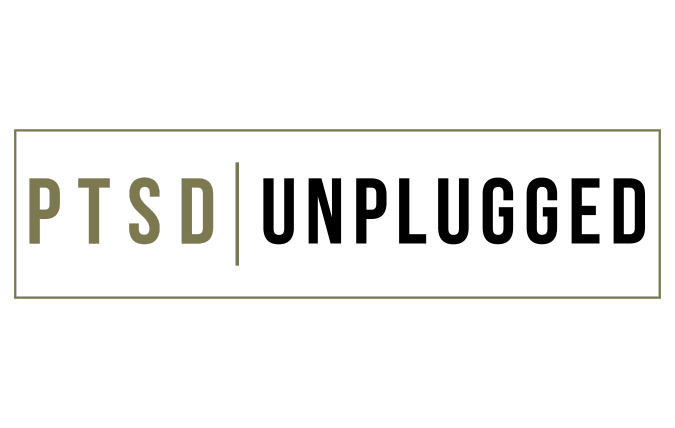Ten or more years after combat deployment.
That’s how long it takes for combat veterans from the Iraq and Afghanistan wars to file a claim for PTSD with the Veteran’s Administration. I can’t “prove this” by research, but this is what I’ve been seeing since I started doing VA benefits examinations in 2008.
I was part of the effort to catch up millions of vet disability claims from WWII through the 1990’s, including Vietnam and Desert Storm. It wasn’t until 2013 that I started hearing about the beginning of the war in Iraq (2003). In 2018, I heard about the infiltration of bases in Afghanistan (2008), then came stories about the war in the Helmand Province. Did you know we had troops on the ground within weeks after the 9/11 attack in NYC? I didn’t know that until 2019, when a bunch of vets started talking about that. In the last 1-2 years, it’s been about Afghanistan in 2010-2011.
Of course there have been exceptions. Some vets reported sooner than 10 years, but, more often, they waited 10 years, or even longer. At this rate, we’ll be doing initial injury examinations for OIF/OEF veterans until at least 2031, ten years from now, because the war isn’t over… Yet.
Speaking to Veterans
From this lived experienced as a contracted examiner, I am confident telling you (veterans) why you didn’t report PTSD symptoms earlier, and why you eventually did. These trends are so common that there is no problem with violating confidentiality. I hear these comments from countless vets day in and day out.
Why OIF/OEF veterans didn’t report PTSD symptoms for 10+ years post deployment:
- I didn’t know it was PTSD.
- I didn’t want it to be PTSD.
- I didn’t want anyone to think that I was weak or damaged.
- I didn’t want the diagnosis of PTSD to get me discharged on a medical.
- I didn’t want anything to do with the VA, the government, or the military after discharge.
- I didn’t want a diagnosis of PTSD to stop me from working as a cop, getting a security clearance, getting a gun permit, doing what I wanted to do.
- I didn’t want to become a statistic.
- I thought I could manage it on my own.
I thought OIF/OEF vets would say that you did not report PTSD because you heard that no one recovers from PTSD, but you didn’t say that. Still, you almost all believe that PTSD is permanent. That nightmares are normal. That your lives will always be some degree of miserable. Because of the war.
What made OIF/OEF veterans report PTSD symptoms, and file the VA claim:
- I am not being the husband and father I want to be. I fly off the handle. I hate it. What’s wrong with me?
- My spouse just left me, or has just threatened to leave me, if I don’t get help.
- I go to work, come home, say hello to my family, and spend the night by myself.
- I’ve had too many DUIs since I got out. I’m drinking too much.
- I’ve had five jobs in ten years. I quit the first four before they could fire me. I got fired from my fifth job during COVID. Why can’t I get along?
- I can’t believe I’m still having nightmares.
I thought you would say that you wanted to know if it was PTSD, but you didn’t. A lot of times, you looked like being in my office for a VA benefits examination in psychology was the last thing you wanted to be doing. It was tough for you to look me in the eyes until you knew I wasn’t going to judge you. In some ways, you have been relieved to find out that it was PTSD. Like many of you have said, “I guess I’m not just an asshole.”
I thought you would have looked up PTSD, to self-assess, or that you would have done an internet search for recovery resources, but you hadn’t. For the most part, almost to a person, you have not become informed. That became hard to see over and over again. It’s been like watching a slowly colliding train wreck.
It was 1980 when PTSD became a diagnosis. How could it be that 40 years later you were still not informed? I gave you information one examination at a time from 2008 until now. A couple of years ago, I had to get out of the examination room and do more.
OIF/OEF veterans and service members with PTSD from combat, sexual assault, or other military-related trauma events deserve to become informed consumers. If you don’t, you will face the same life long struggle as your counterparts from earlier wars. That is simply unacceptable. So, I took a first step. I wrote a book.
PTSD Unplugged: How to leave the war behind us
What PTSD is. What PTSD isn’t. How to reconnect with friends and family. How to get better.
Pick one up today. Tell me if it’s helpful. Send me questions. Write a review. Chapter 10 is Planning to Recover. That’s the goal. Recovering from PTSD is hard, but living with PTSD is harder.
Take care of yourselves,
Dr. Pam
PTSD symptoms, PTSD in veterans, PTSD and anxiety relief, PTSD treatment options, PTSD coping skills, Healing affirmations, PTSD awareness month, Trauma recovery, PTSD definition, PTSD self-help strategies, PTSD facts, PTSD therapy, Treatment for PTSD, PTSD mindfulness techniques, PTSD facts, PTSD triggers, Trauma-informed counseling, PTSD meaning, Stress, PTSD support resources

